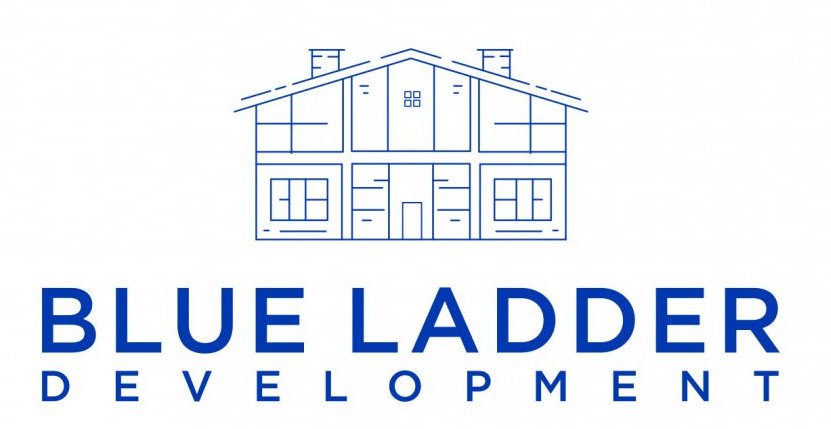
A study conducted by the FDIC found that 85% of respondents said the tipping for them losing their home was missing their 1st payment.
For many Chicago homeowners it can be incredibly difficult to recover from missing only 1 payment. Shortly after missing the payment the lender will begin charging you late fees that will continue to add onto the debt owed and require you to make an even larger payment.
The corona virus pandemic has caused many Chicago homeowners to miss their mortgage payments. The federal government signed the CARES act into law on March 2020 which allows unique relief for homeowners who become behind on their mortgage payments through March of 2021.
If you have missed a mortgage payment during this period be sure to check out the Cares Act Assistance available.
If you missed a payment outside of this time frame there are still alternative options to pursue, even if you are seriously behind in payments. Lots of homeowners in Chicago have lost their property to foreclosure but that doesn’t mean that has to be the only path for you.
Even if you’re able to make your monthly payment, catching up on a past due balance can be an overwhelming challenge.
Help, I’m Behind in My Mortgage Payments in Chicago! 5 Things You Can Do To Help Your Situation
1. Bankruptcy:
This is usually the tool of last resort. If you’re being crushed by lots of debt, bankruptcy can be a good way to negotiate with lots of lenders at once. It’s a lot of work, and it won’t help you avoid your mortgage. Different lenders will treat your circumstances in unique ways. You’d benefit from serious professional help – the best you can afford.
2. Reaffirm:
This can be a good card to play, but it may come with some unseen penalties. Basically, reaffirming the loan is an additional commitment to pay. In some states where it’s allowed, an affirmation can create additional liabilities if your property is auctioned.
3. Making Home Affordable (MFA):
If your mortgage qualifies, you might be able to participate in MHA. Any loans backed by Fannie Mae or Freddie Mac must be considered for MHA, and other lenders choose to participate in MFA.
With MFA, your payments and/or interest rates might be lowered – even the principal balance (if your home is worth less than you owe). If you’re unemployed, you might be able to get your payments temporarily suspended or reduced.
MFA is a government program, so be prepared to deal with lots of paperwork. It ain’t free money – you gotta work for it.
4. Negotiate with your bank:
Lots of lenders routinely offer some level of assistance. You have to work hard at it, but you might be able to get your interest rate reduced or a temporary reduction in your payment.
Most of the time, lenders will want to steer you to refinance your loan – but by the time you’re a few payments behind, you probably don’t qualify for a reduction in interest rate.
You have to work really hard to negotiate with a bank. Usually, it takes lots of calls and the patience of a saint to get through the bureaucracy. Never, ever act rude. Ask for help from everyone you speak with, but don’t sound desperate. Explain your situation, offer supporting documents, and reassure the bank that you want to live in your home for the long term.
If you’re in need of a temporary fix and want to stay in your home, most banks can be forgiving. Sometimes they’ll be willing to add a few months of payments back onto the primary balance of your loan. It’s all dollars and cents to them, so remind them that you need their help to give them a lot more money in the long run. If they have to sell your house at a foreclosure auction, they’ll take a huge loss.
That sounds obvious, but for some reason, bankers seem to forget it when saying no to someone in need of help.
5. Borrow money from a private investor:
If you’re behind on your payments and need to sell fast, we can help.
In certain circumstances, we may even be able to help you stay in your home.
We work with homeowners in Chicago to find solutions to foreclosure problems.
We’ll let you know how we can help.
